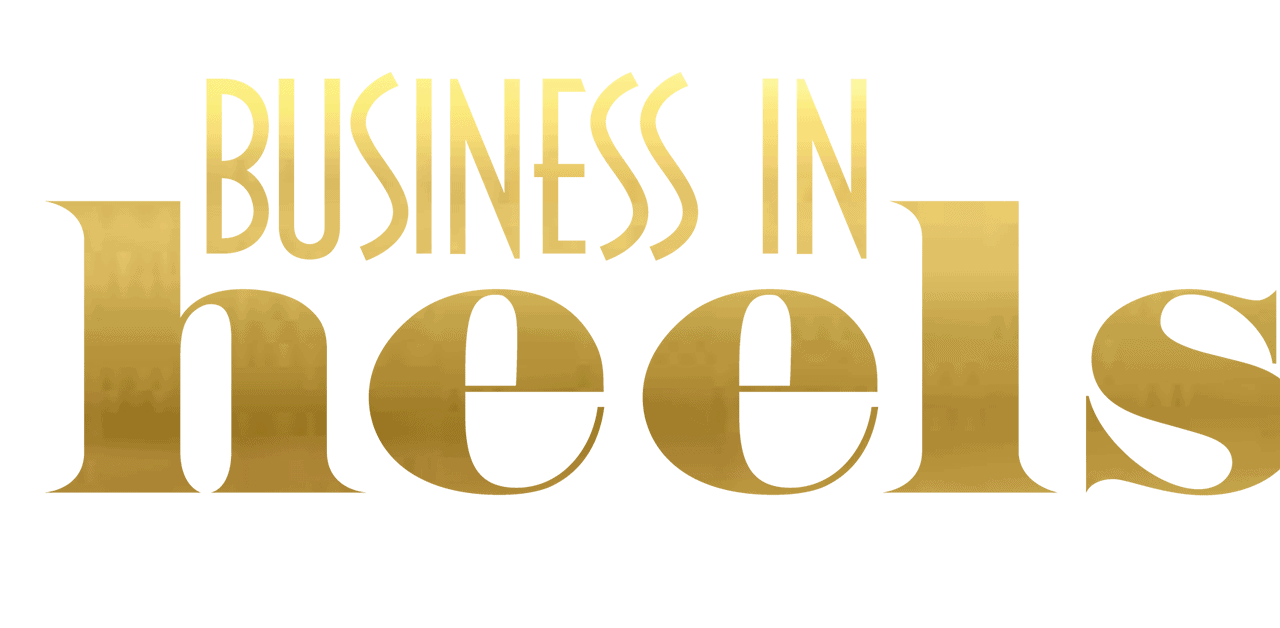In our world of political correctness and making sure that minority groups aren’t discriminated against, I almost feel sorry for the middle-aged white males in our society. Almost.
Whilst we are far more aware of minority groups, our culture has already been established for hundreds of years by the middle-aged white males of the world. How business works, how the law works, and even how we interact on a day-to-day basis was all established by middle-aged white males.
Our culture, with its emphasis on self-reliance and independence – qualities deemed especially important for men – has reinforced the message that having needs make you undesirable, or even bad.
Men are associated with not being able to relax and sit still, and about feeling guilty if they aren’t constantly working on a to-do list. However, women are stereotypically associated with inaction, being indecisive, and not standing up for themselves. Why do these stereotypes still prevail over our ability to judge someone for who they actually are and their own capabilities?
Like Emma Watson says, gender is a spectrum, not black or white, not two sets of opposing ideals. Why do we subscribe to the so-called masculine and feminine characteristics? We are all various shades of grey, and should not be characterised by our genders.
Having said that, how does a modern woman survive in a culture that has been established by and for middle-aged white men? How does she retain femininity and use her own unique traits to excel on her own terms, instead of putting on a mask and turning into someone else?
These are questions I constantly struggle with, and I often wonder if I have lost my true self after having worn the mask for so many years. I don my armour every morning and pretend to be someone else, so that I can survive in the man’s world. But what happens when the armour gets harder and harder to remove at the end of the day, the walls build up and I can no longer express myself?
I remember as a girl in primary school, maybe in about grade 4, I sat in front of the mirror for hours. I would pull various faces, and tried various expressions on my face. I was testing what I looked like, and would tell myself never to do certain expressions because they weren’t becoming. I practiced the smile I would use for photographs. I was hyper-aware at such a young age of how I presented to the world. This is when I first began to develop my mask.
By the time I was the only female, at the age of 28 years, on an executive board of middle-aged men, my mask was fully developed. I would use my quite voice, and my smile to manipulate my way to being heard. I don’t like confrontation, so I taught my face to make a poker face. I was considered calm and cold. Whilst inside I was a quivering, crying little girl, terrified I would be discovered. My calm exterior would buy me the time I needed to think things over before I responded.
Why did I feel like I had to contort myself into this machine to be accepted? I achieved far more than many of those executive men, because I knew how to talk to people and I have a strong intuition about what people really mean when they say something. Yet, despite my achievements, I was paid significantly less than the men, and I had the extreme feelings of being an imposter. I felt like I didn’t belong at that table.
Since that experience, I have wondered how business can be conducted differently. I have owned my own business since being on that executive team, in the hope that I could conduct business on my own terms and in line with my values. Every day I still find I have to put on my mask, though. The legal industry in which I work is adversarial and based around professional men personally attacking each other for the benefit of their clients. I cannot reconcile how personally attacking another professional can really achieve anything except resentment and bitterness. I’m sure some men and women can wipe it off as part of the ‘game’, but I think the majority of us are going along with it because it seems to be the way things are done.
Until recently, I had become so caught up in my assumed identify, as a stressed, striving and potentially deficient person. I was so deficient that I had to wear my mask and my armour. I was so caught up in my own stories in my head, that I was losing myself. I would sometimes spend days being impatient and judgmental towards myself and those around me. But I became aware of how dissatisfying this assumed identity was, and began exploring again who I really am and what I actually want.
I believe that the more women who can get into high positions within large organisations, the better the business world will be. Yet I also feel that women prefer to run their own small businesses, and work in smaller environments with other women than to put themselves through the ordeal of climbing the corporate ladder in the man’s world. There will be many women who experience executive teams of men like I did, and decide not to put themselves through it again.
Groups and movements like this, with women supporting women, can also change the face of business from the fringes. The new culture that we can create, of supporting each other, and respecting each other as business owners and professionals will attract more and more. This new culture will hopefully gradually permeate to the mainstream business world, with the generations to come. Dissatisfied generation Y and millennial women will drive this cultural change, which is not feminism but humanism.





